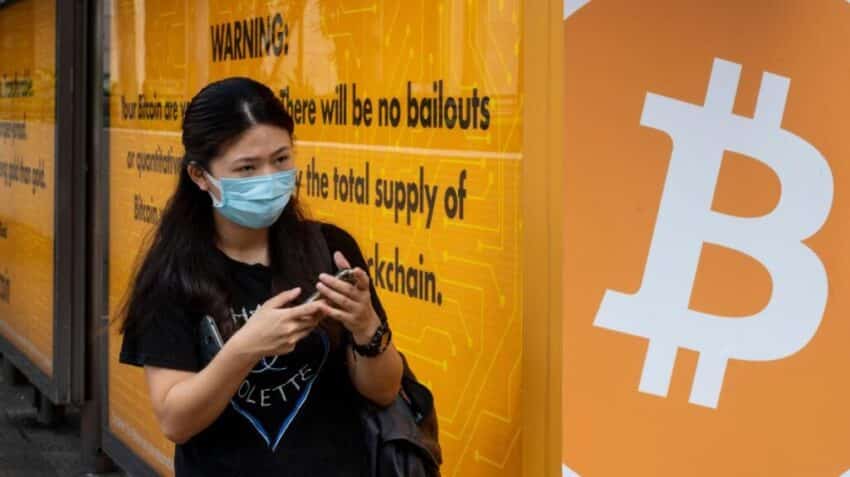The proliferation of new cryptocurrencies could pose a threat to financial stability if they prompt large numbers of households to pull deposits from commercial banks, the Bank of England has warned.
Threadneedle Street said that it had modelled a scenario where about fifth of all household and non-financial corporate deposits in Britain shifted into new forms of cryptocurrencies, including central bank-backed digital money and other highly regulated cryptoassets. It suggested that the introduction of any currencies would need to be tightly controlled to avoid widespread disruption at commercial banks.
“There is a strong case for considering the value of transitional arrangements that aim to ensure that new forms of digital money can emerge without threatening monetary and financial stability,” the Bank said in a discussion paper, adding that “the banking sector could prove unprepared to withstand large outflows of deposits”.
The rise of bitcoin and other types of cryptoassets has shaken financial markets in recent years as growing numbers of retail and institutional investors pour money into the burgeoning industry.
The market is expanding rapidly, with the American social media giant Facebook developing its own payments system called Diem while in April Rishi Sunak, the chancellor, asked the Bank of England to explore a central bank digital currency (CBDC).
The new discussion paper outlined Threadneedle Street’s views on both digital central bank money and stablecoins, which are cryptoassets developed in the private sector that are pegged to government-backed currencies. Potential stablecoins include Facebook’s Diem project.
The Bank said it had yet to make a decision on whether to issue its own digital currency or how stablecoins would be regulated in detail, although it added that the latter should be subject to the same standards as deposits held at commercial banks.
Andrew Bailey, the governor of the Bank, said: “The prospect of stablecoins as a means of payment and the emerging propositions of CBDC have generated a host of issues that central banks, governments, and society as a whole, need to carefully consider and address. It is essential that we ask the difficult and pertinent questions when it comes to the future of these new forms of digital money.”
It came as the Basel Committee on Banking Supervision, the global regulator, said it would consult with lenders on how they should manage their exposure to cryptoassets.


